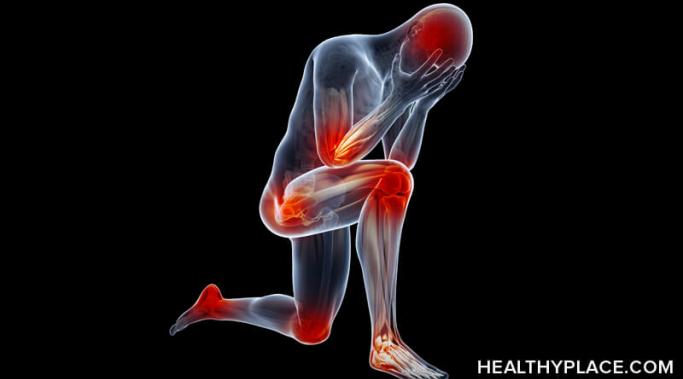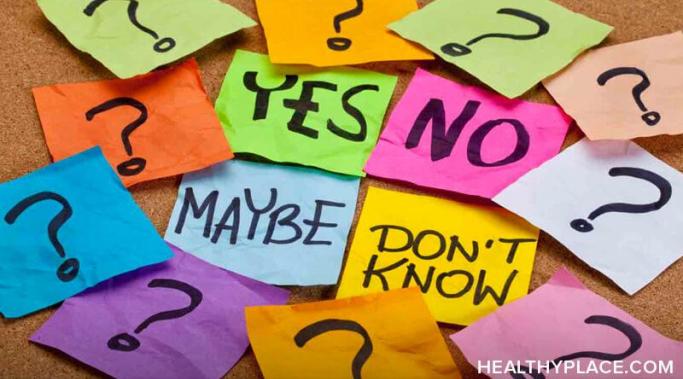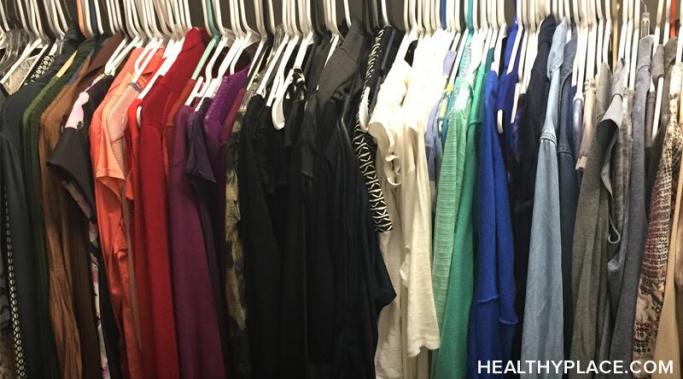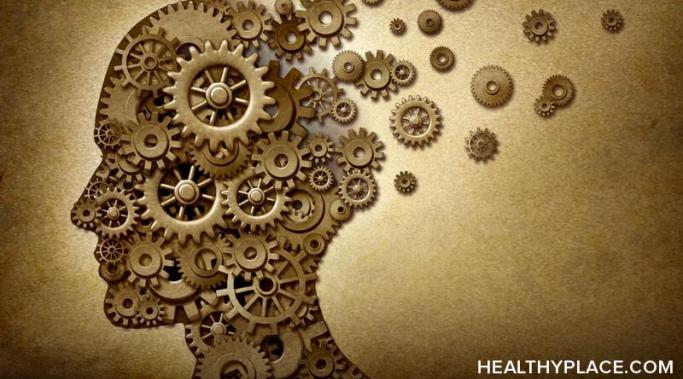I'm setting mental health goals because nothing is better than getting a fresh start and feeling confident about the new year. I love watching everyone push to find new resolutions that they're excited about. My mental health goals this year are to gain more self-control, work on overcoming paranoia in my relationship and get into therapy.
Mental Health for the Digital Generation
It's so hard living with chronic pain--something that people can't see from the outside--and constantly feeling the need to justify how you feel or act towards others. Being someone with both mental and physical health problems have left me on a rollercoaster of never feeling like I'm good enough.
In my last post, I talked about my upcoming trip to couples counseling with my boyfriend. I voiced my fears that couples therapy could be detrimental to the relationship because maybe there were more problems than I thought. I realized that rather than us having problems together, we both suffered a lot of trauma separately that created imagined problems in our head. Although I was right about the imagined problems, couples counseling opened my eyes to my own problems and gave me incentive to continue with individual therapy.
Therapy is always a scary thing, but when you're going into couples therapy with the person you love, it can take on a whole new level of intimidating. I have decided to take the step of asking to go to couples therapy with my boyfriend--is going to couples counseling the right decision?
During periods of financial struggle, getting mental health help is a big issue. There seems to be no way to pay for mental health services, even though you need help. When you look into finding a psychiatrist, you realize it's hard to find one in your price range. What other mental health care options do you have if you're financially unstable? Is there any mental health help for those who struggle financially?
The difference between being depressed and having depression is the difference between sadness and a mental illness and may be the most common misconception about mental illnesses. You could have just went through financial troubles, went through a break-up, had a death in the family, or maybe lost some friends; there are plenty of reasons you could relate to things on HealthyPlace--this does not necessarily mean you have a mental illness. Let me explain about being depressed and having depression.
Breaking mental health routines can be hard. Nobody likes moving homes; it's never easy packing up everything you own to start over somewhere new. But it's even more difficult knowing you're going to have to break your mental health routines, the routines that keep you sane, and start all over again.
Mental illness in youth can be triggered by many life events and it's not always easy to spot. After all, when you're a child, you're constantly discovering new emotions. But where do we draw the line? When do we decide that it's a little more than just the common emotions of growing up? The quicker we see mental illness in youth, the better.
One of the hardest symptoms of bipolar disorder is racing thoughts. These racing thoughts can lead to flashbacks of things you've tried to forget. When I'm manic, I'm left with little-to-no sleep because I just can't seem to shut my mind off. I'm left reliving every bad thing that has happened to me and I begin to obsess about everything that could happen to me. Bipolar's racing thoughts are hard to deal with.
Due to changes in my work commitments, this will be my final post for Mental Health for the Digital Generation at HealthyPlace. I've very much enjoyed my time blogging about mental health for HealthyPlace and am saddened that I won't be able to continue.









